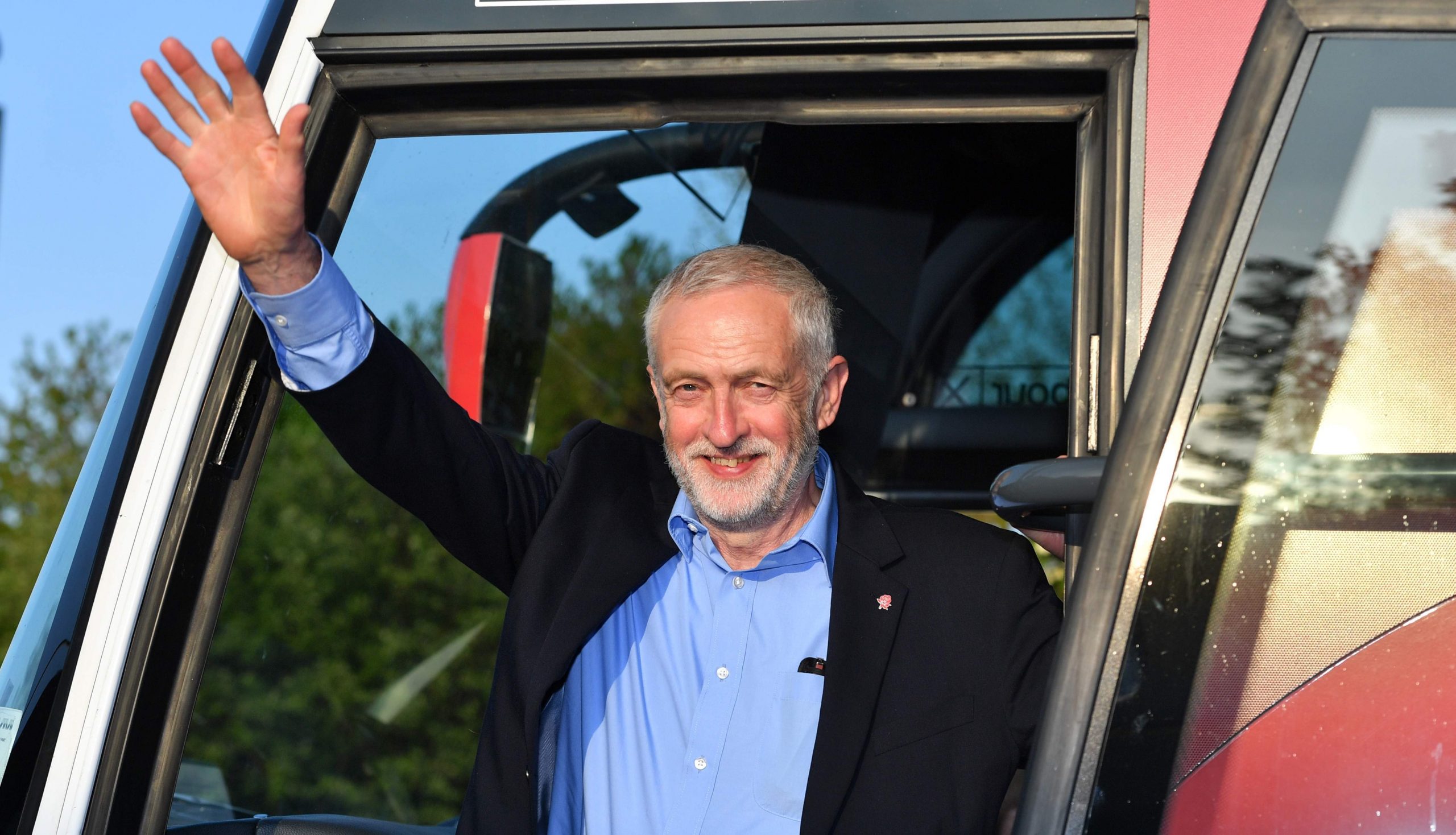
Since becoming Labour leader, Jeremy Corbyn has been intermittently criticised by supporters and opponents for a shortage of radical policies. But by any measure, his party’s draft manifesto provides them. It includes pledges to renationalise the railways, Royal Mail and the energy grid, build 100,000 new council homes a year, abolish tuition fees, invest £250bn in infrastructure, spend £6bn a year more on the NHS, £1.6bn a year more on social care, raise the minimum wage to £10 and restore collective bargaining.
Though Corbyn has been accused by the Daily Mail of seeking to “drag us back to the 1970s”, polling has long shown such policies to be popular. A 2015 YouGov poll, for instance, found that 58 per cent support renationalising the railways, water companies and other utilities (with 17 per cent opposed), 61 per cent support increasing the minimum wage to £10 (with 19 per cent opposed) and 52 per cent support increasing the top rate of tax to 60 per cent (with 23 per cent opposed). There is also majority support for policies such as rent controls (59 per cent), abolishing zero-hour contracts (64 per cent) and introducing universal free school meals (53 per cent).



